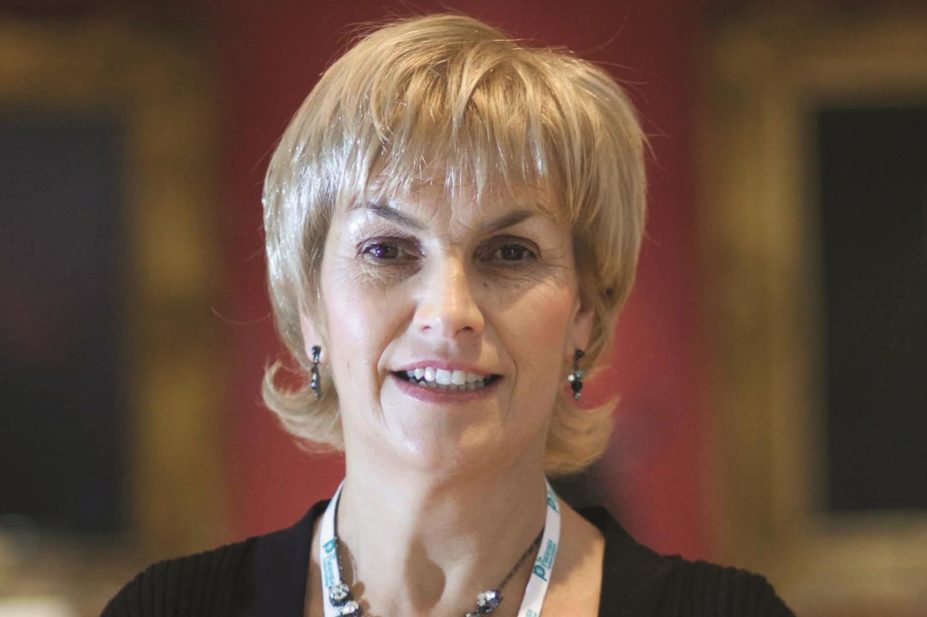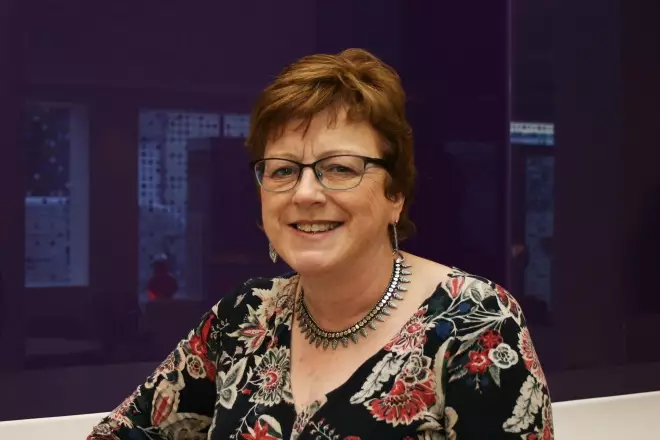
The Patients Association
The Patients Association says it wants clinical pharmacists to become part of the established primary care team, with one in every GP practice in England, following the results of a survey that asked patients and carers about pharmacists’ emerging role.
According to the results published on 8 December 2016[1]
, 76.9% of 316 patients and carers said having a clinical pharmacist in a practice was an advantage while 77.5% said they would welcome the chance to have their medicines reviewed by a clinical pharmacist.
Almost half of the survey respondents (49%) knew whether or not their practice had appointed a clinical pharmacist, while 39% had either been referred to one for a face-to-face or telephone consultation, the results revealed.
Just over three quarters (78.3%) of those asked said it was quicker to see a practice pharmacist than a GP, and 69% said having the pharmacist in the practice avoided them having to make a GP appointment.
However, the survey also found that patients needed to be reassured about the pharmacist’s specific role in the practice and whether they had the competencies and the qualifications to full fill their brief. Some 75.4% of respondents were “fully confident” that their pharmacist had good clinical knowledge, 14.9% felt mostly confident, 5.3% were slightly confident and 4.3% were not confident at all.
Katherine Murphy, chief executive of the Patients Association, which carried out the survey jointly with the Primary Care Pharmacy Association, says it recognised the “huge” role that clinical pharmacists can play especially at a time of “significant [NHS] financial challenge and reform”.
“By listening to patients and families’ feedback, the benefits and potential drawbacks of this new model of care are clear,” she says. “We therefore hope that the recommendations made in this report will be addressed so that the GP-based pharmacist role will be available in every GP practice nationally.”
Liz Butterfield, chair of the Primary Care Pharmacy Association, says the survey results clearly show that patients “value the opportunity to discuss their medicines and care with practice-based pharmacists without feeling the need for a GP appointment”.
Commenting on the results, Helen Stokes-Lampard, chair of the Royal College of GPs, says she is “delighted” that the feedback from patients and GPs was positive, adding that practice-based pharmacists help reduce GP workload and waiting times to allow GPs to deal with more complex needs.
“Patients should feel assured that when visiting a practice-based pharmacist, they will receive quality care in line with their unique health needs,” she says. “And if they do really need to see a GP, they still can.”

Source: MAG / The Pharmaceutical Journal
Sandra Gidley, chair of the English Pharmacy Board at the Royal Pharmaceutical Society, says community pharmacists should not feel threatened by GP-based pharmacists
Sandra Gidley, chair of the English Pharmacy Board at the Royal Pharmaceutical Society, says she shares the aspiration to have a clinical pharmacist in every GP practice.
“The results of this survey are good news. But not everybody in community pharmacy feels like that — some feel that having clinical pharmacists in a GP practice poses a threat to them… worried that it won’t be long before GPs say, ‘We have a pharmacist in our practice so let’s open a dispensary’,” she adds
Community pharmacists should not feel threatened as they are doing a different job to those in GP practices and frequently clinical pharmacists will refer patients to the local community pharmacy.
“I am optimistic that we will get to the stage where we will have a network of community pharmacists and a network of practice-based clinical pharmacists working more together and making better use of their clinical knowledge. But how that will shape up I don’t know,” she said.
The Patients Association is a charity that runs a helpline for patients who may have a complaint or question about a healthcare or social care provider. It investigates concerns and monitors trends in patient satisfaction and NHS targets.
The Primary Care Pharmacy Association is a national network that supports members working in primary care pharmacy.
References
[1] The Patients Association. Survey of patients and carers views of clinical pharmacists based in GP practices: Report of findings. November 2016. Available at: https://www.patients-association.org.uk/wp-content/uploads/2016/12/The-Patients-Association-PCPA-Report.pdf (accessed December 2016)


